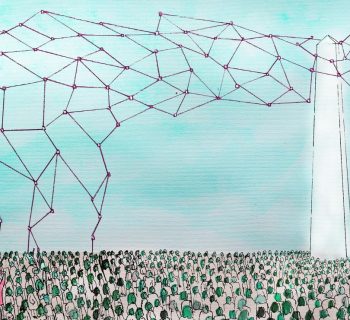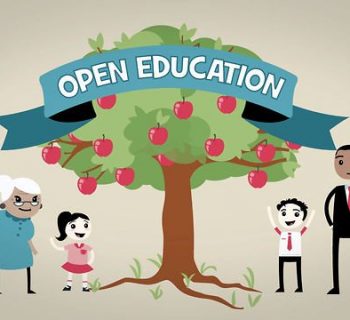I am speaking at a seminar on Vocational Education and Training’s Role in Business Innovation at the Ramon Areces Foundation in Madrid tomorrow. The title of my presentation is 'The future of work, Artificial Intelligence and automation: Innovation and the Dual Vocational Education and training system in Valencia' which is really much too long for a title and I have much too much to say for my allotted 20 minutes.
Any way, this is what I told them I was going to talk about:
The Presentation looks at the future of work, linked to the challenges of Artificial Intelligence, Automation and the new Green Economy. It considers and discusses the various predictions on future jobs and occupations from bodies including CEDEFOP, OECD and the World Bank. It concludes that although one jobs will be v=craeted and some occupations be displaced by new technologies. the greatest impact will be in terms of the tasks performed within jobs. It further discusses future skills needs, including the need for higher level cognitive competences as well as the demand for so called lower skilled work in services and caring professions.It considers the significance of these changes for vocational education and training, including the need for new curricula, and increased provision of lifelong learning and retraining for those affected by the changing labour market.Artificial Intelligence may also play an important role in the organisation and delivery of vocational education and training. This includes the use of technologies such as machine learning and Natural Language processing for Learner engagement, recruitment and support, Learning Analytics and 'nudge learning’ through a Learning Record Store, and the creation and delivery of learning content. It provides examples such as the use of Chatbots in vocation education and training schools and colleges. It is suggested that the use of AI technologies can allow a move from summary assessment to formative assessment. The use of these technologies will reduce the administrative load for teachers and trainers and allow them to focus on coaching, particularly benefiting those at the top and lower end of the student cohort.To benefit from this potential will requite new and enhanced continuing professional development for teachers and trainers. Finally the presentation considers what this signifies for the future of the Dual VET system in Spain, looking at findings from both European projects and research undertaken into Dual training in Valencia.
And I will report back here after the event.








